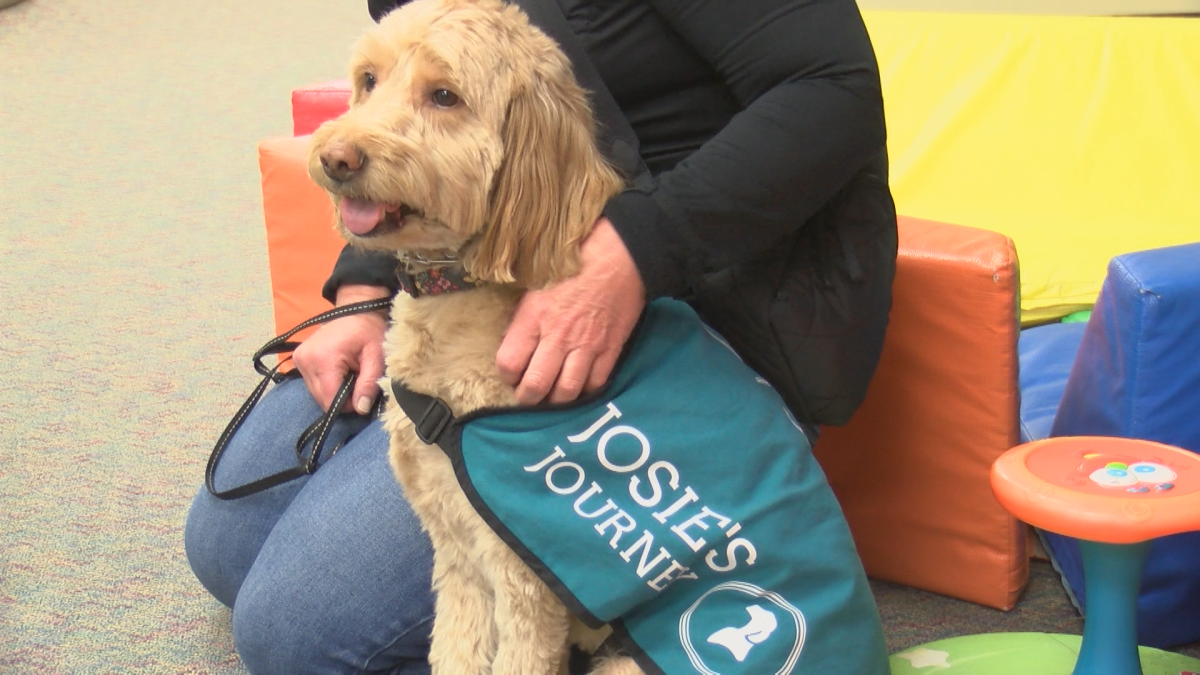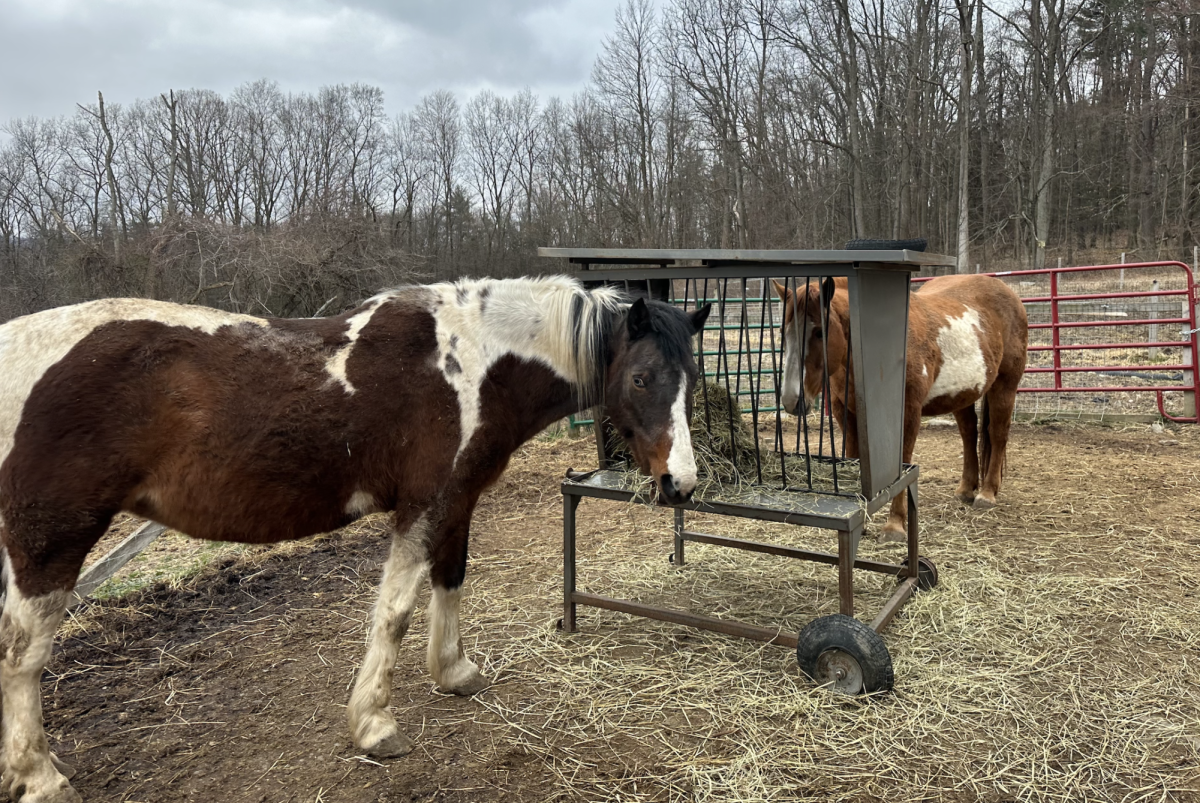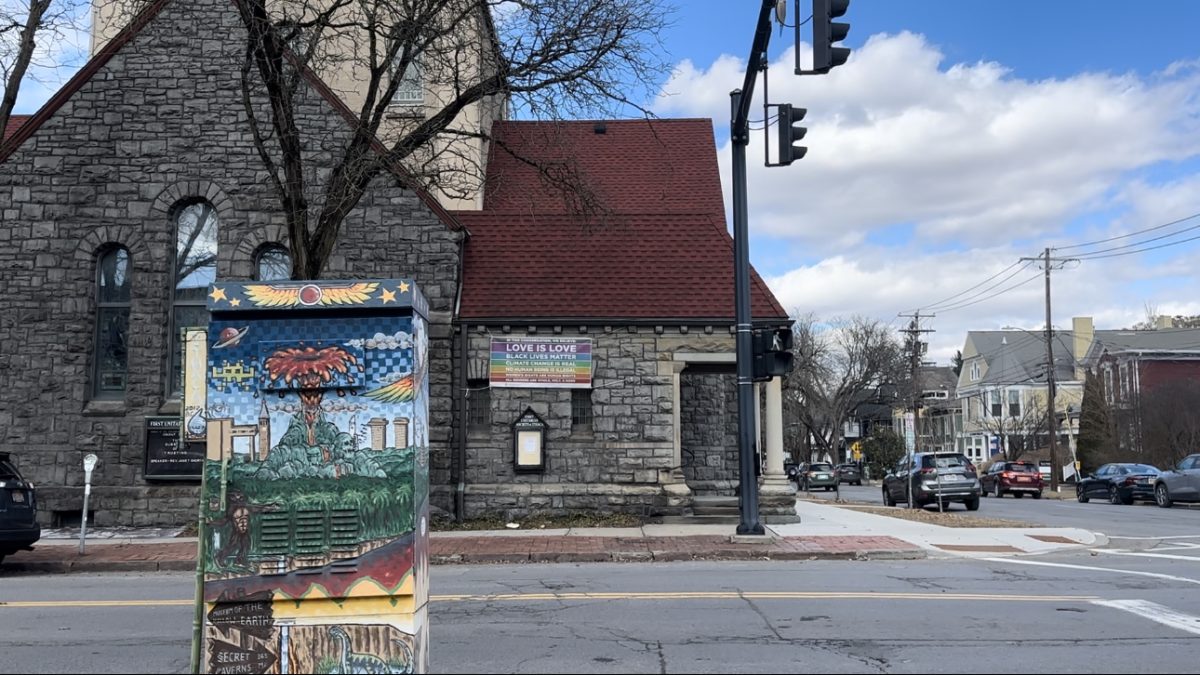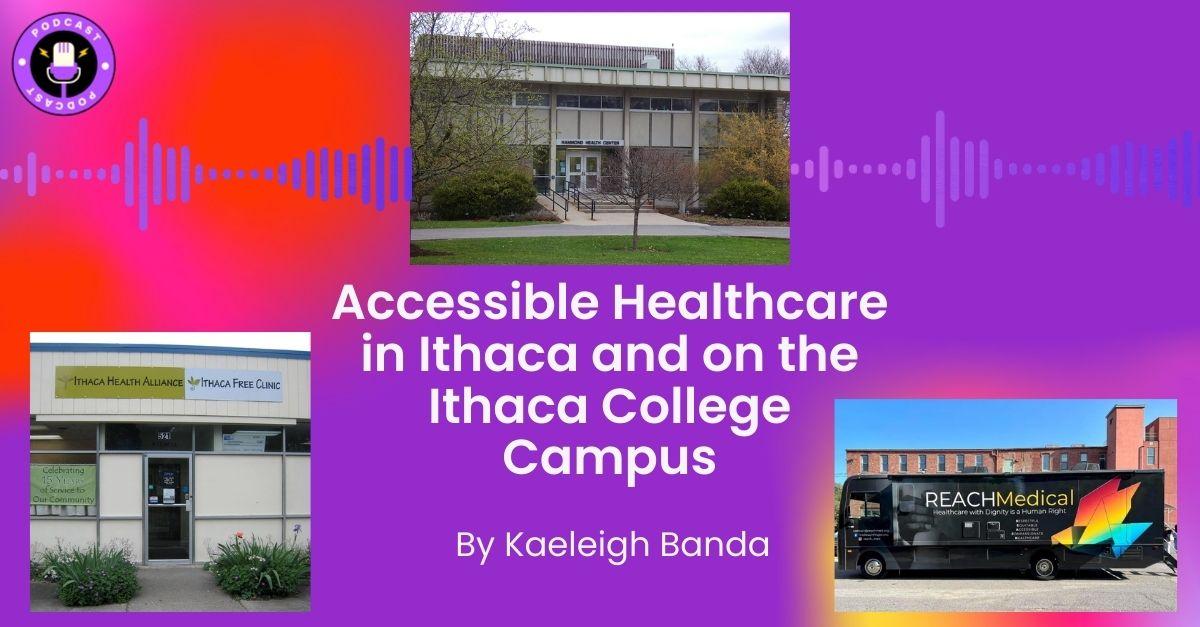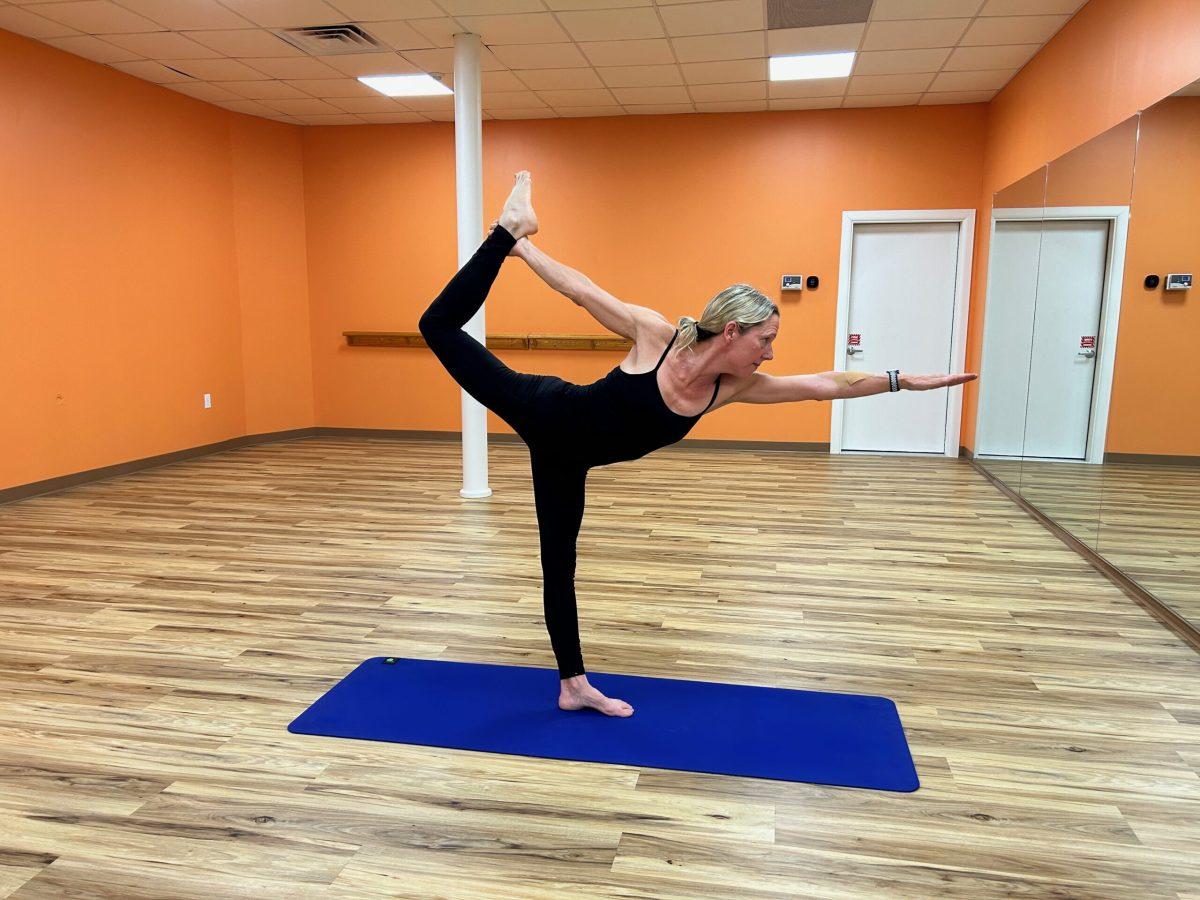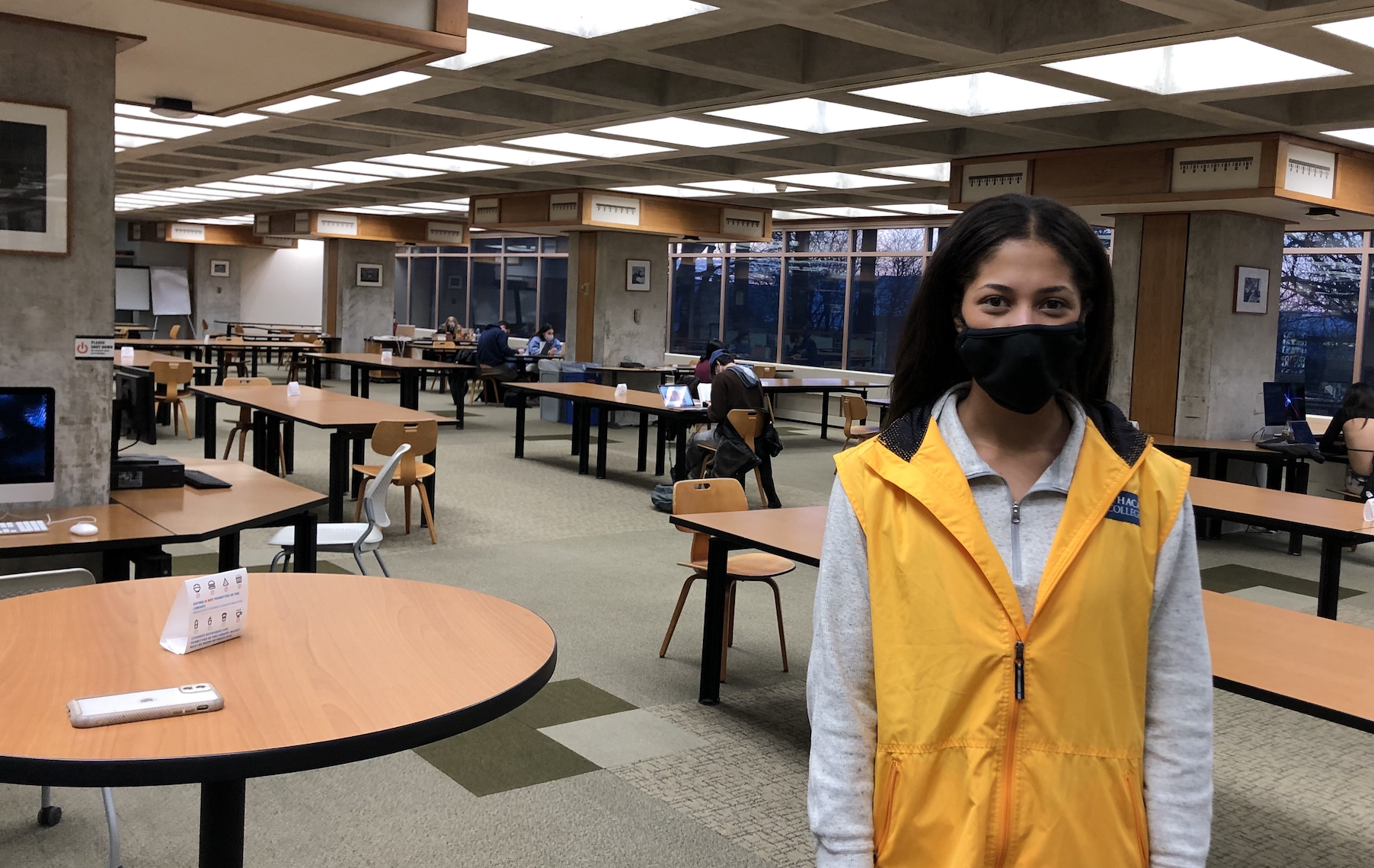
Before the COVID-19 pandemic, some public health students at Ithaca College did not know the impact of their studies outside of the classroom.
Erin Shaw, a junior public and community health major at Ithaca College, said the pandemic allowed her to see the importance of public health with greater clarity.
“I always knew it was important but I did not see the actual importance until now,” Shaw said. “It was fascinating to watch [the pandemic] unfold as it did … “
Senior Brina Edmonds-Reed is also a public and community health major and has been able to use her academic experience to help those around her navigate COVID-19.
“I have gained a really good understanding and knowledge of the public health procedures, and that helps me a lot to help my family and friends who might not have the right knowledge or education to safely practice,” Edmonds-Reed said.
Since Ithaca College reopened for in person classes this spring semester, Shaw and Edmonds-Reed have taken their classroom experience onto campus as Public Health Ambassadors.
What Do Public Health Ambassadors Do?
Public Health Ambassadors make rounds across heavily trafficked public spaces on campus to make sure that students are following proper protocol. These students have taken de-escalation training to handle difficult conversations with peers.
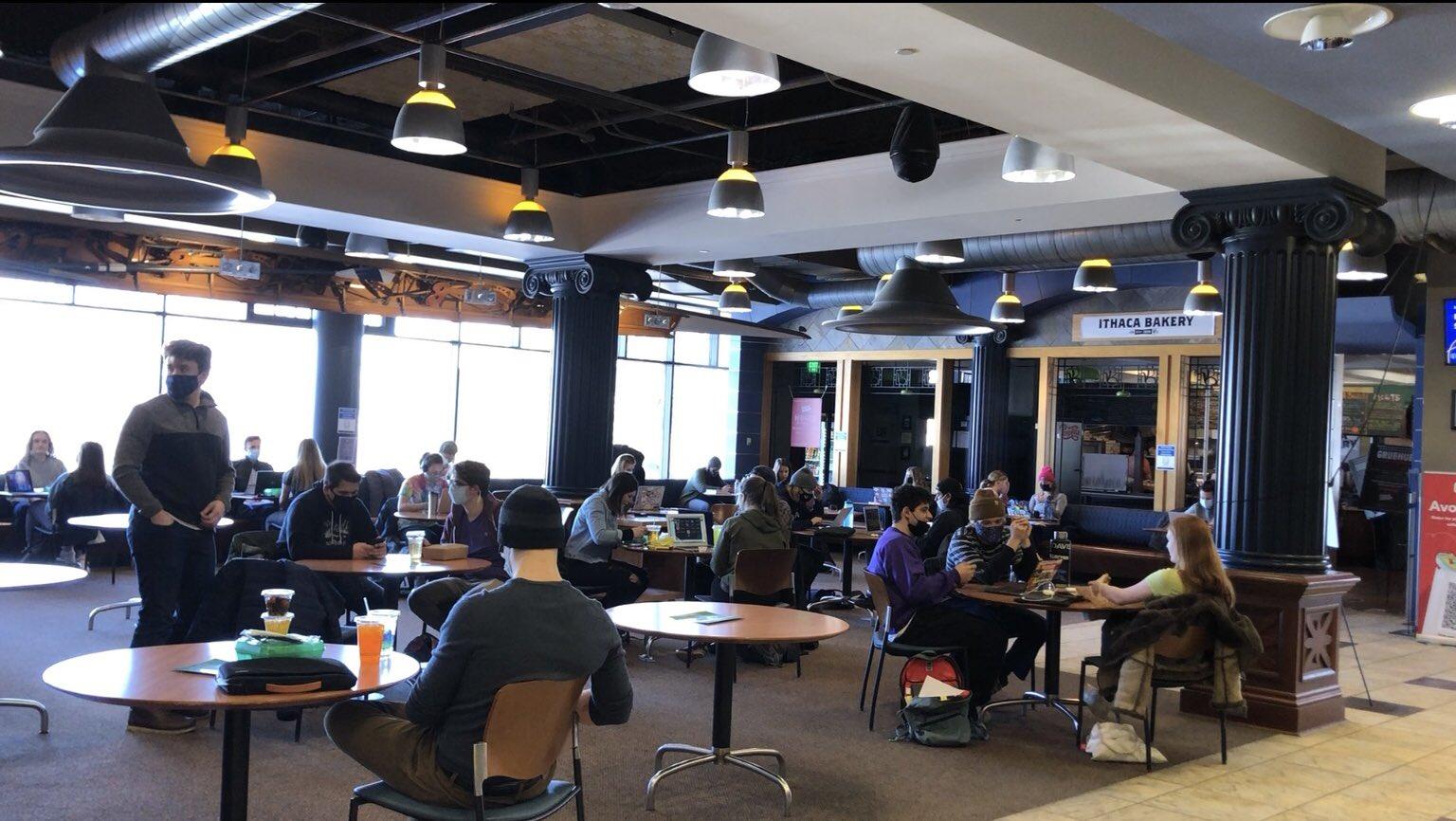
“If I saw a big group of boys moving tables to eat dinner,” Shaw said, “I would go up and say, ‘Hey guys, we can’t move the tables around in the pub because we are trying to keep everyone distanced and safe, but here’s these other classrooms and places you could go to eat where you can stay six feet apart and still enjoy your time.'”
The Public Health Ambassadors aim to create opportunities for students to share these spaces with one another rather than restricting their options.
The Importance of Peer-to-Peer Education
The Ambassadors find that student reception has been positive overall.
“Students are very accepting and understanding … and then you have some students that roll their eyes … or they kind of do give you a hard time, but I think everyone understands the situation we are in,” Edmonds-Reed said.
These ambassador roles are important for student safety, but they do not completely replace the presence of faculty and staff.
Senior Maggie McAden says, “I think that having students go around is probably a little less intimidating than having faculty and staff go around, but I do think faculty and staff might have a certain level of authority.”
Keeping Numbers Low
The work of the Public Health Ambassadors has helped to keep IC’s COVID-19 rates low.
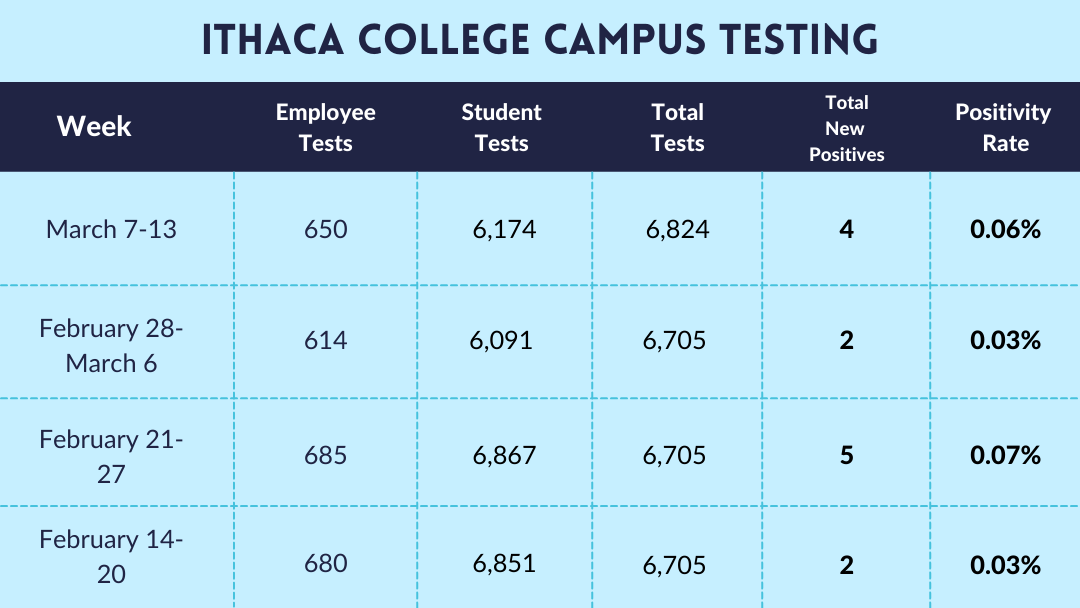
McAden emphasized why students must work together to keep each other safe.
“It’s important to focus on the community instead of your own personal comfort,” McAden said. “If everyone can make the sacrifices of wearing a mask and taking public health measures, then you get a greater collective benefit, and everyone gets to stay on campus.”
Shaw said that getting to help her peers safely remain on campus is a rewarding experience.
“Especially on a college campus that is crowded, and everyone knows as a ‘cesspool’ to begin with, I think being in this position and being able to control that spread [of COVID-19] and tell people how to be healthy is very important, and I’m very happy and lucky to be doing it,” Shaw said.







